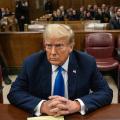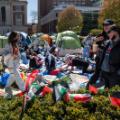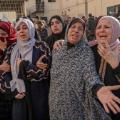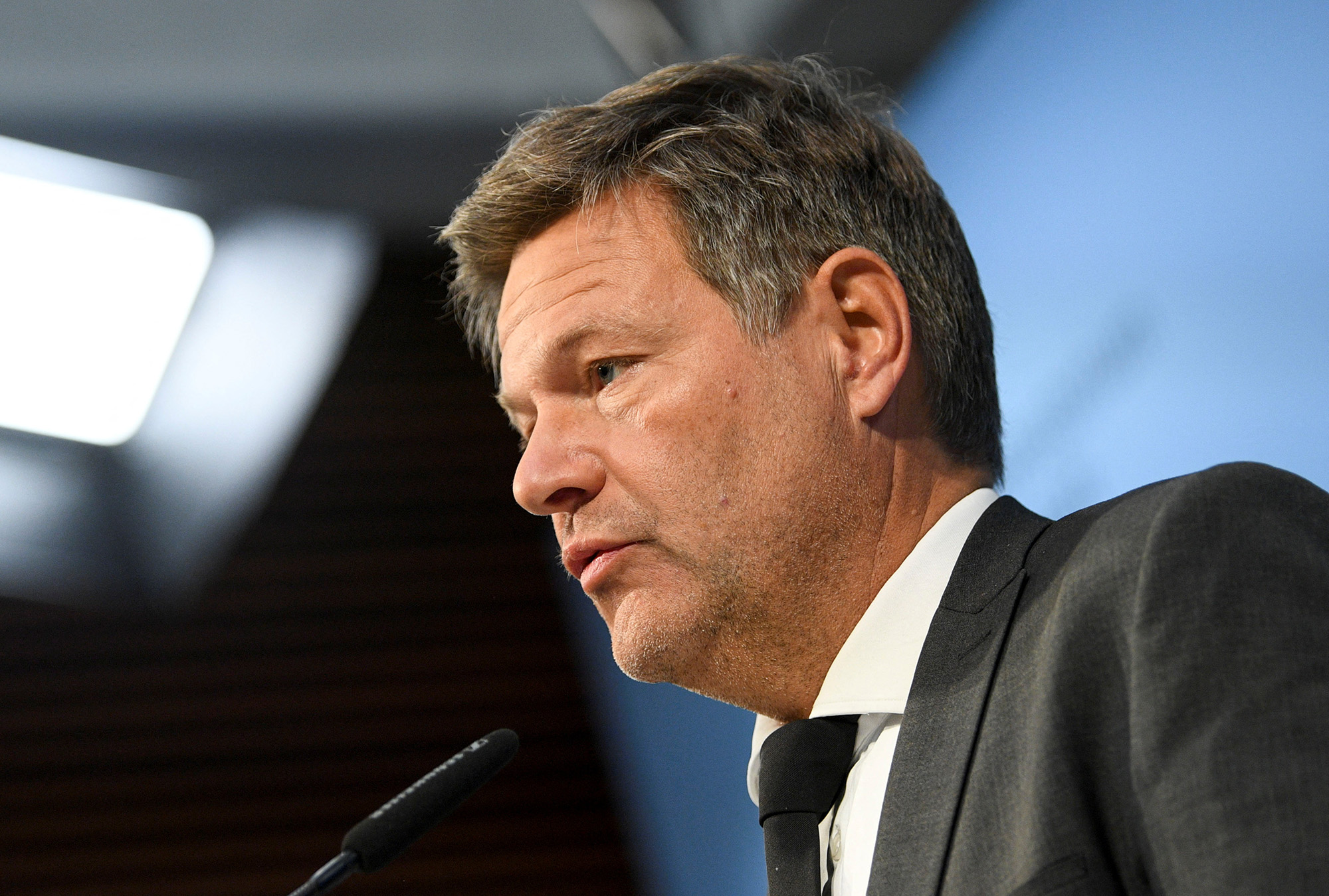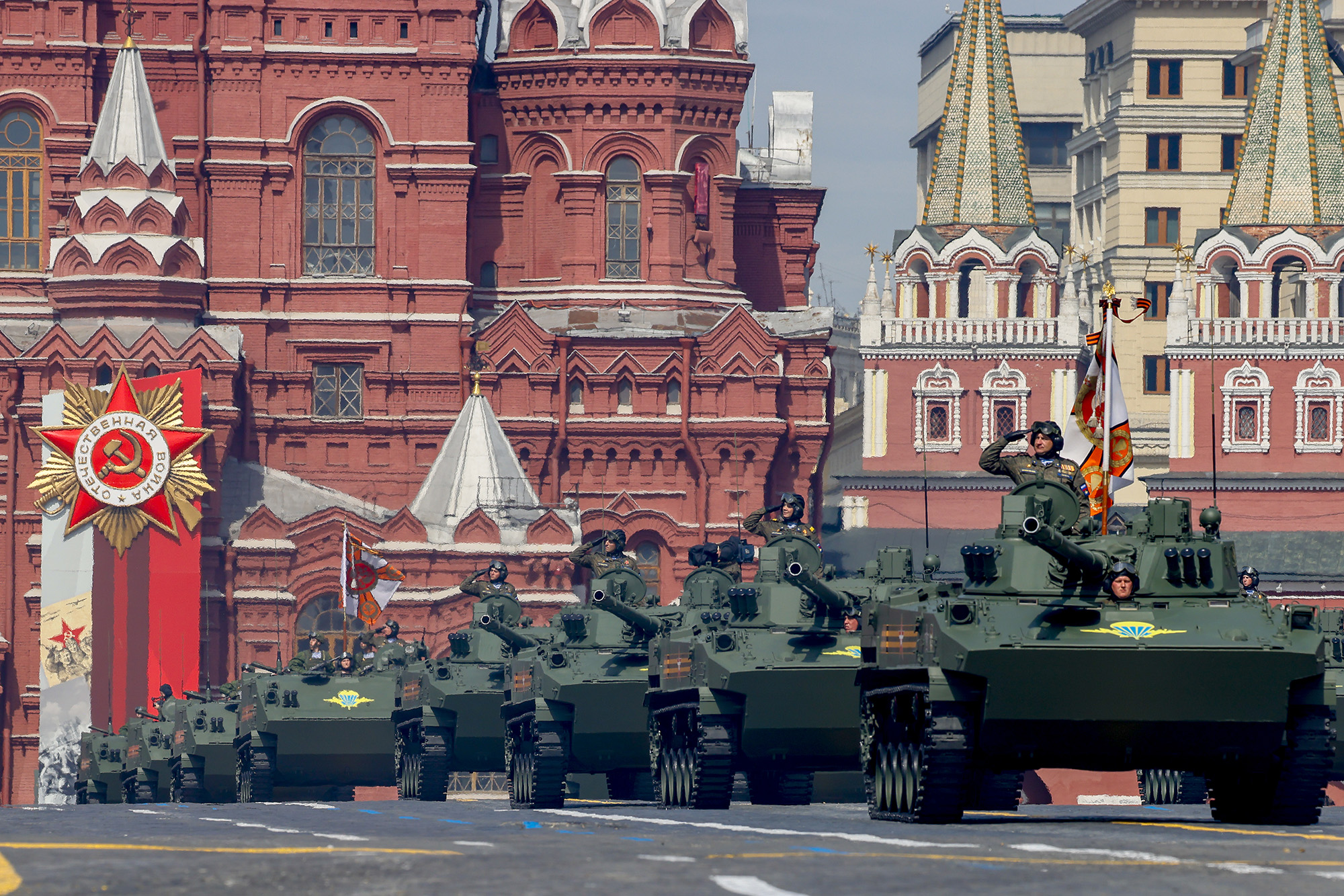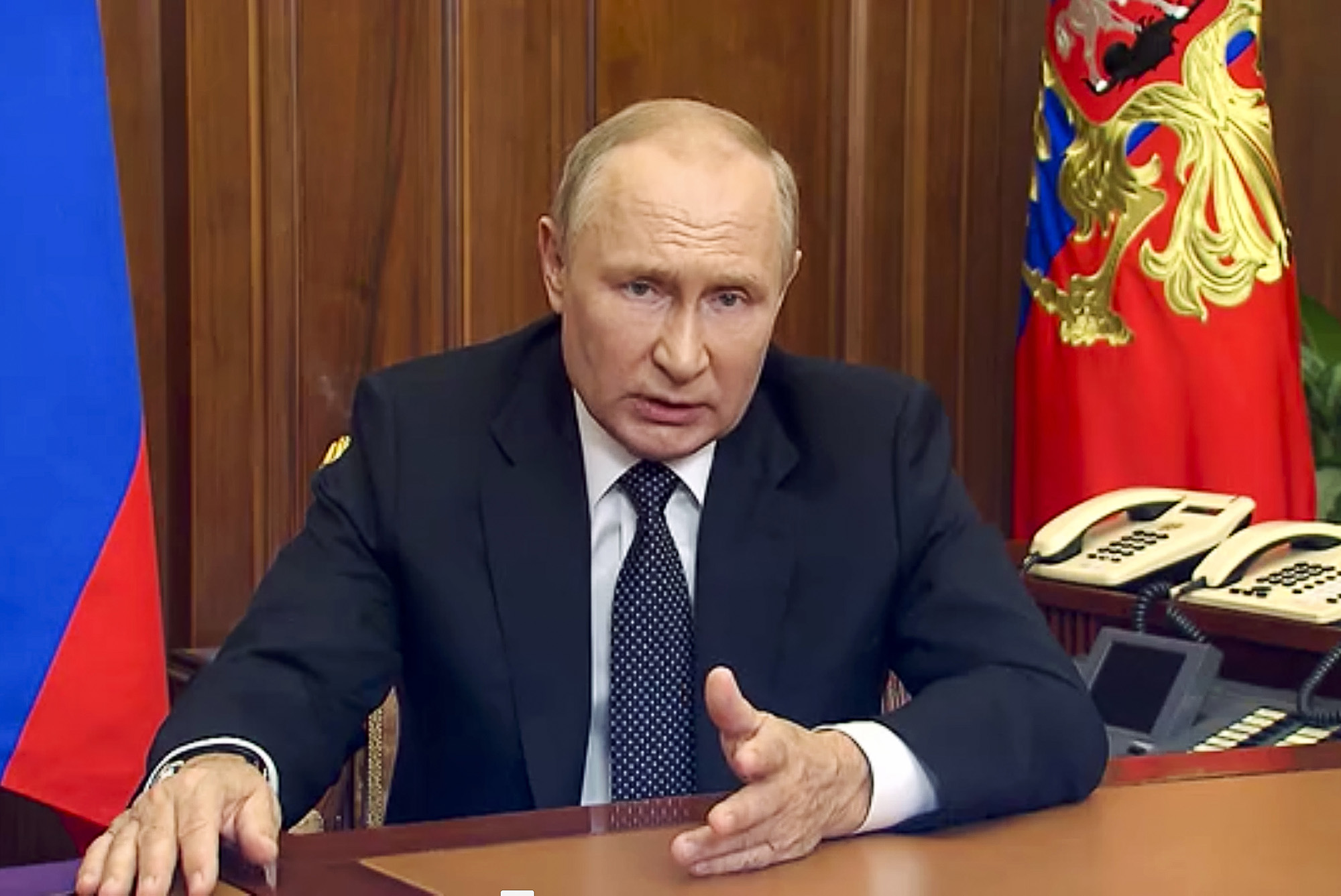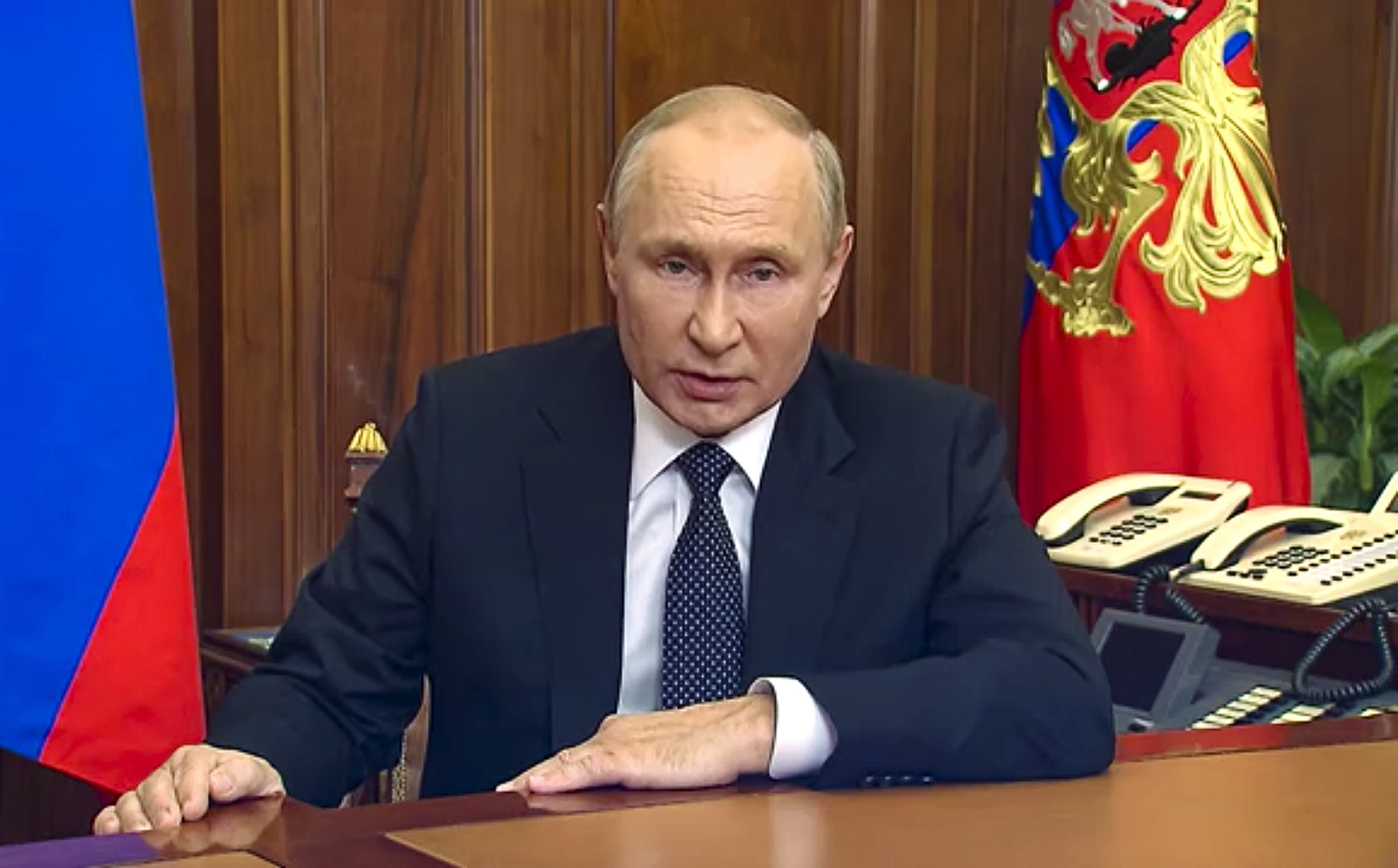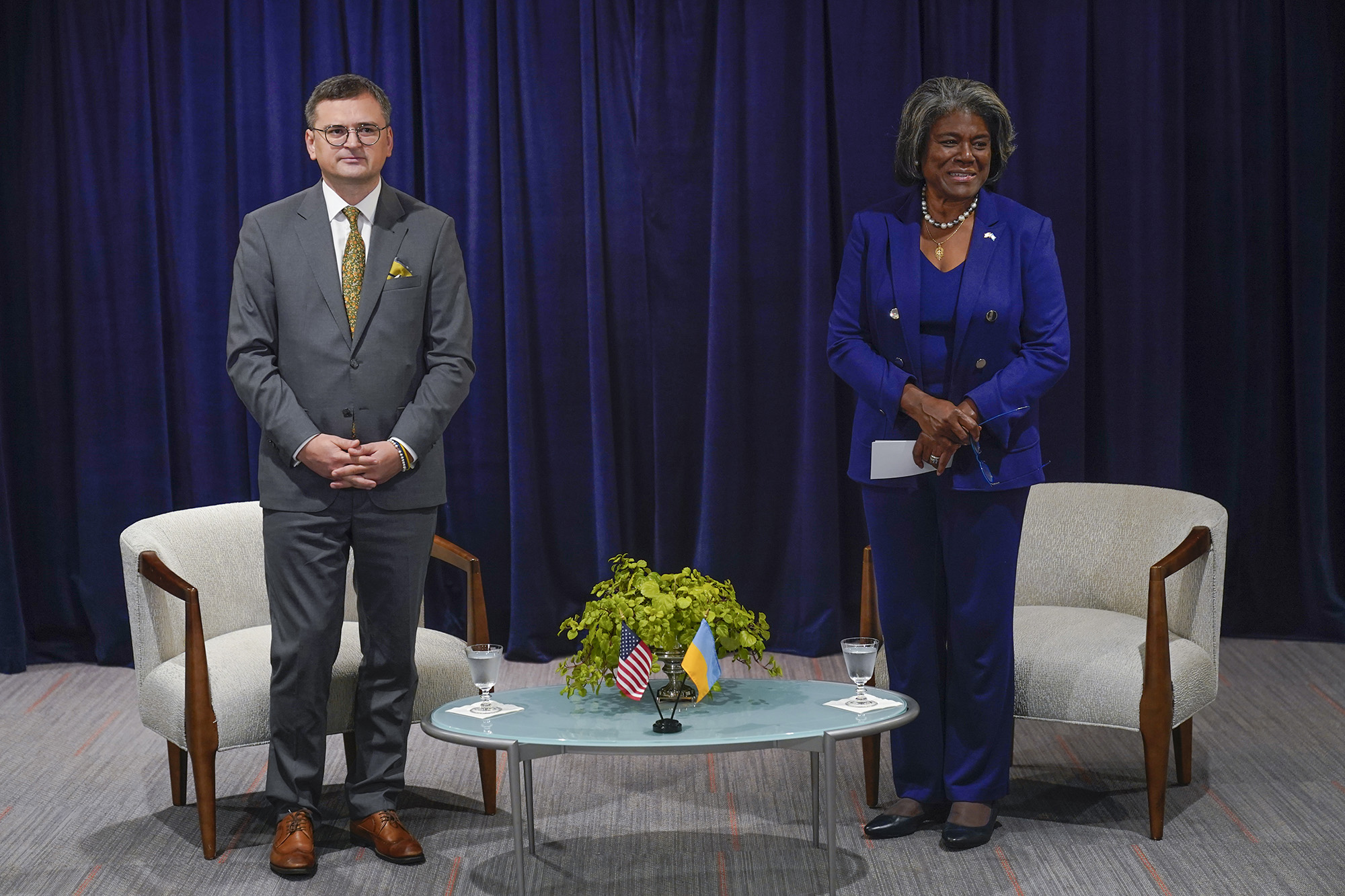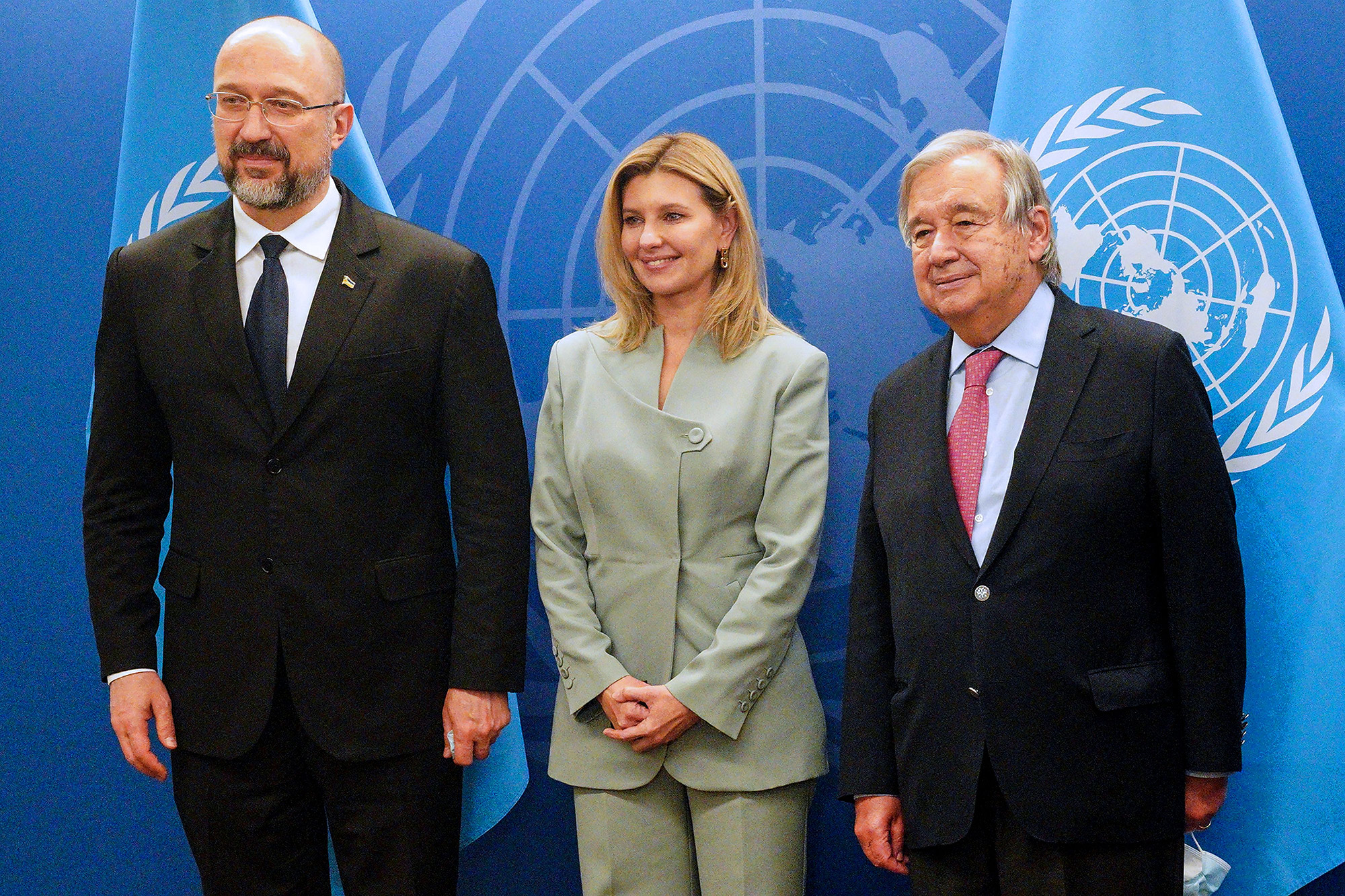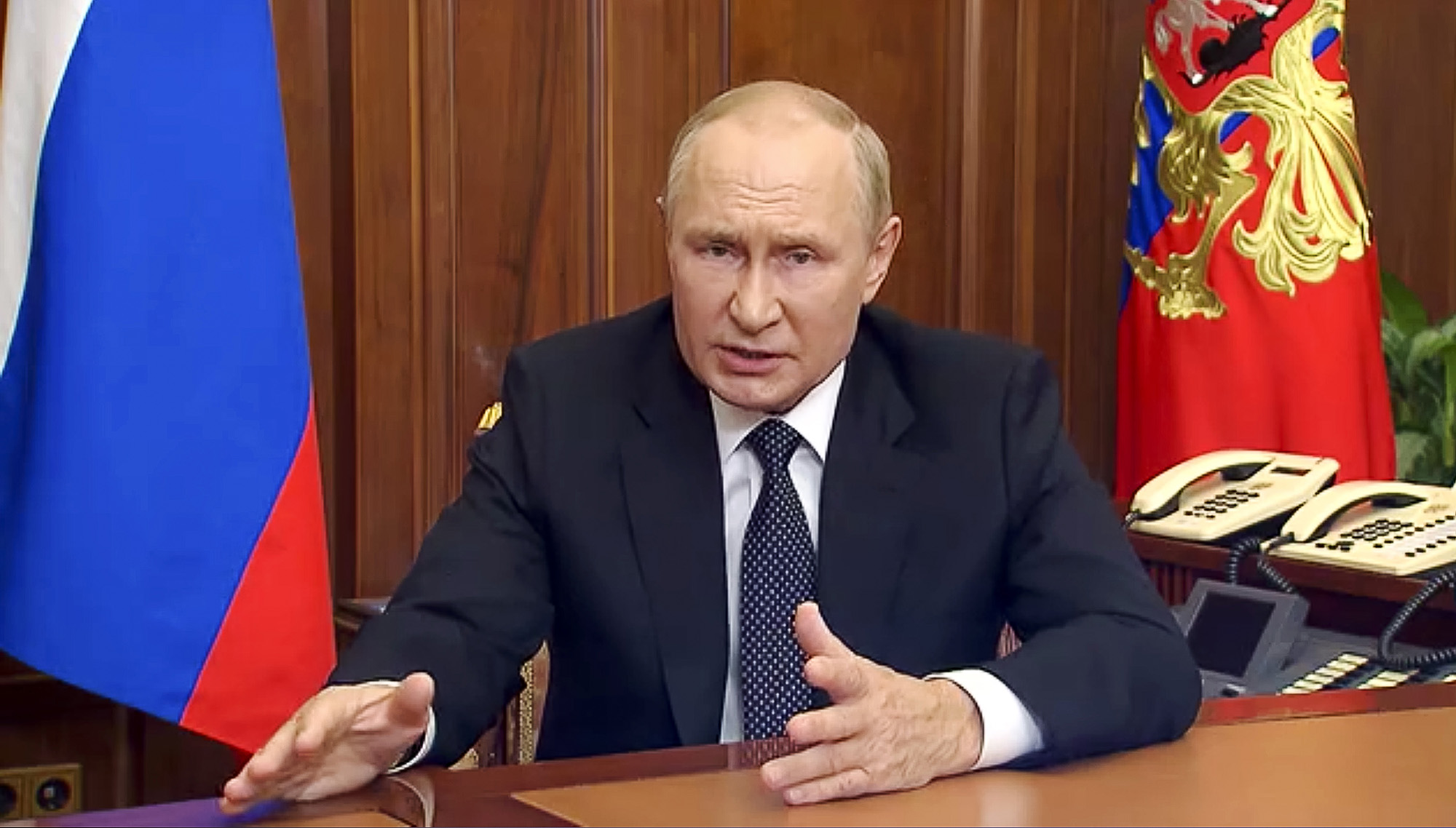
Russian President Vladimir Putin made clear reference on Wednesday to his potential use of nuclear weapons, saying “those who try to blackmail us with nuclear weapons should know that the prevailing winds can turn in their direction.”
Announcing a partial mobilization of citizens to bolster the war in Ukraine, he emphasized that Russia has access to "various means of destruction."
“I want to remind you that our country also has various means of destruction and in some components more modern than those of the NATO countries,” he said. “And if the territorial integrity of our country is threatened, we will certainly use all the means at our disposal to protect Russia and our people.”
“This is not a bluff! The citizens of Russia can be sure that the territorial integrity of our homeland, our independence and freedom will be ensured, I will emphasize this again, with all the means at our disposal. And those who try to blackmail us with nuclear weapons should know that the prevailing winds can turn in their direction.”
In a 60 Minutes interview earlier this week, US President Joe Biden addressed concerns that Russia would resort to using its nuclear stockpile in Ukraine.
Asked by a reporter what he would say to the Russian leader regarding the use of chemical or tactical nuclear weapons, Biden said "Don't. Don't. Don't."
"You will change the face of war unlike anything since World War II," Biden said, adding that the US response to such actions would be "consequential."
